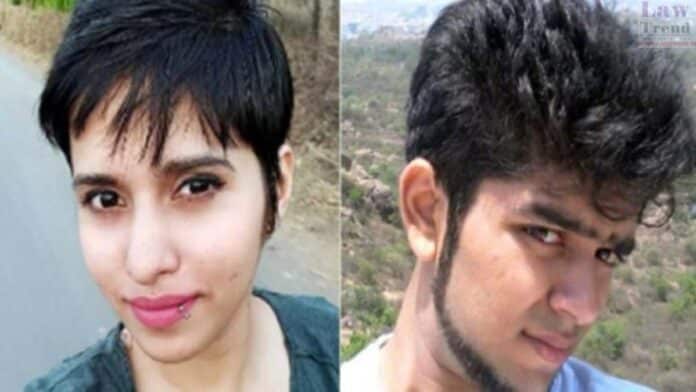A court has denied the plea of Aaftab Amin Poonawala, accused in the high-profile Shraddha Walkar murder case, to limit trial hearings to just twice a month. The court deemed the request a tactic to delay the proceedings. Additionally, the court has declined to immediately release the victim’s bones for cremation, citing the need for them in ongoing witness testimonies.
Shraddha Walkar was allegedly strangled by Poonawala, her live-in partner, on May 18, 2022. Post-mortem investigations revealed that Poonawala allegedly dismembered Walkar’s body, storing parts in a fridge before disposing of them across various desolate locations in the city. These gruesome details emerged from a 6,629-page chargesheet filed by Delhi Police.
In her ruling, Additional Sessions Judge Manisha Khurana Kakkar highlighted the need for regular hearings, given the extensive witness list comprising 212 individuals, 134 of whom have already been examined. She emphasized that restricting the trial to two sessions a month would “severely prejudice and protract the trial,” echoing concerns raised by Special Public Prosecutor Amit Prasad regarding the extensive time required to record testimonies, especially from police witnesses.
The court also addressed a plea by Vikas Walkar, the victim’s father, who requested the expedited release of his daughter’s remains for cremation. The court acknowledged the conflict between the accused’s right to a fair trial and the victim’s family’s rights to conduct a dignified cremation. However, it concluded that the remains could not be released at this stage due to the necessity of their identification in the ongoing trial.
Also Read
The judge assured that the trial would proceed expeditiously to facilitate the release of at least some of the remains for cremation at a suitable point in the proceedings. This decision underscores the court’s attempt to balance judicial efficiency with sensitivity to the family’s bereavement.




